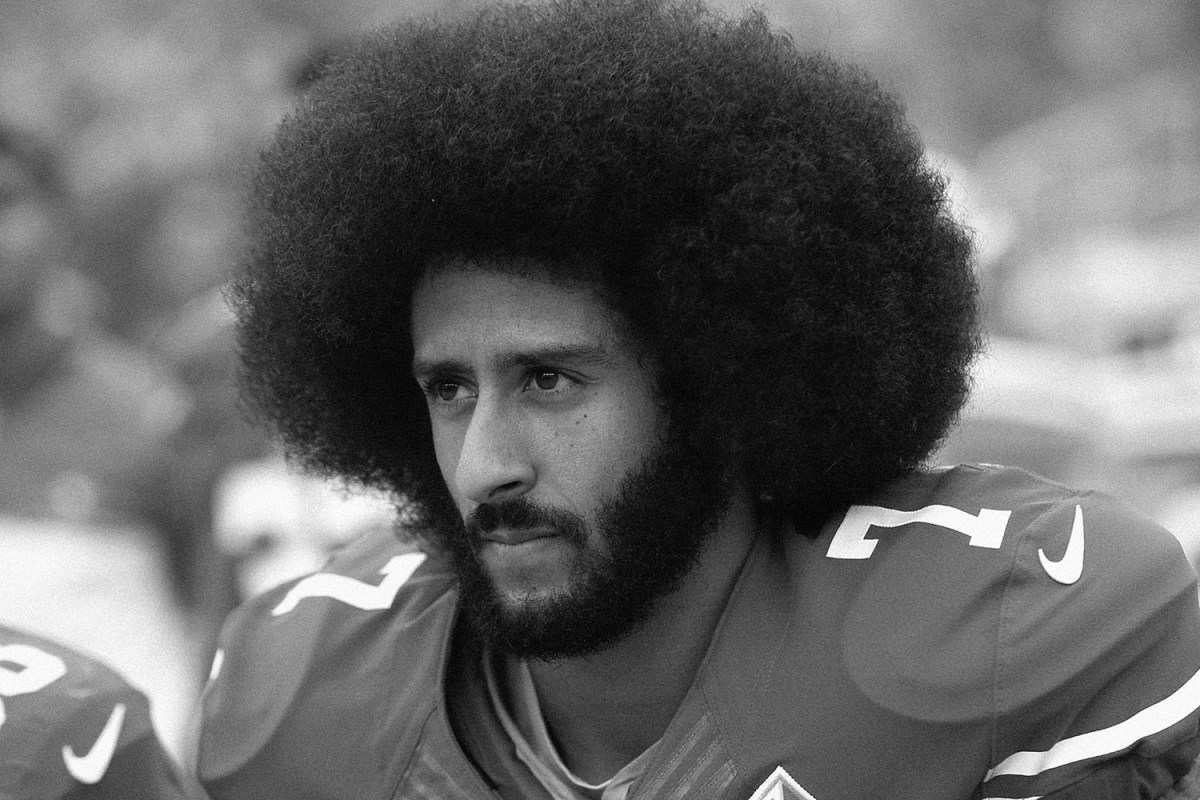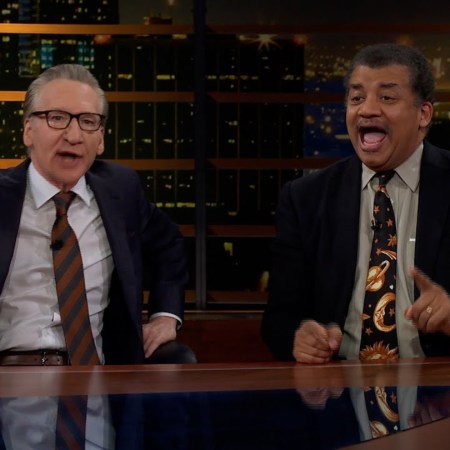If you hang around sports Twitter long enough, you’ll hear a familiar refrain. Players kneel during the national anthem to protest police brutality? Stick to sports. Michael Sam kisses his boyfriend? Stop pushing your agenda on me. Lebron James does literally anything? Shut up and dribble.
In fact, this insistence that the world of sports (and the people who work within and around them) focus solely on itself is the defining debate of sports writing and discourse. For publications like The Undefeated or Deadspin (or at least what is left of it, after an infamous “stick to sports” memo set off a mutiny that led to the complete dissolution of its editorial staff), politics are an elemental aspect of sports. After all, three of America’s “Big Four” sports leagues subsist largely on the talent and celebrity of young Black men, and it’s hard to fully cover games without covering the context in which they take place.
“From the moment Deadspin was founded in 2005, the website took for granted that what happened off the field was at least as important as the goings-on between the lines, and that there was no way to unravel the two,” wrote longtime Deadspin staffer Berry Petchesky in an oped for the New York Times last fall, after the site was dismantled. “We wanted to show the world the reality of sports, to help readers and players alike understand the labor issues, the politics, the issues of race and class that don’t materially change when the power dynamic is owner/player.”
Notably, only viewpoints and outlets which are perceived to be liberal are harangued by demands to stick to sports: the same subset of NFL fans that loves to deride player protests is unbothered by the pre-game ritualistic worship of America’s military. Clay Travis, a radio host who has built a career on notoriously bad college football takes and even worse ones about white people’s right to use the n-word, has become the leader of a new school of right-wing sports commentary. Although he frequently bleats about how the infusion of politics into sports analysis has alienated viewers and hurt America, he is undeniably political. His work is a kludge of standard right-wing grift: he says daily that a disease that’s killed over 100,000 people isn’t a big deal; he smooth-brainedly tweets that white people are actually the true victims of police brutality; he writes books about how “the left is ruining sports with politics”and puts a picture of Donald Trump dunking on Colin Kaepernick on the cover.
As such, the desire to silo off sports as its own political entity is an inherently political statement. Travis and his ilk fight to narrow the scope of the conversation because doing so allows them to insulate their worldview against uncomfortable conversations, no matter how vital or relevant those might be. In this light, a demand for exclusively sports-related discourse does not stem from a voracious hunger to analyze Spain pick-and-rolls or the art of the wide-receiver release; rather, it is an assertion of control, a maintenance of the status quo, no matter how broken it is or how many people it fails.
This stance was always hollow and cowardly, but the wave of athletes and coaches speaking out about the recent anti-police brutality protests has put things under a very large and conspicuous microscope. Despite attempts to reduce them to ball-playing automatons, athletes like Jaylen Brown and Weston McKennie have demonstrated an awareness of not only the outside world, but of how athletes can use their position to amplify that awareness. Sports are only an escape from reality for those with the privilege to escape it and the myopia to want to do so.
“I have spent most of my life around black men because of playing college football and in the NFL,” wrote former NFL quarterback Dan Orlovsky on Twitter. “What happened over that time was the poison/lies/stereotypes that I was led to believe about the black community as [a] kid were wiped away…Without sports, I don’t think I have those lies wiped away.”
To stick to sports is to fundamentally misunderstand them. Sports have been used for political purposes when people deem it convenient — the State Department sent college basketball teams on international tours during the 1950s and 1960s as proof of racial harmony — so why should they suddenly become taboo when bad-faith losers feel uncomfortable? Colin Kaepernick isn’t a powerful figure because he makes people in Facebook comment sections feel warm and fuzzy; Jackie Robinson isn’t an icon because everybody has always agreed that he’s really neat. Sports are important because sports are fun, but also because they are a conduit for everything else. The next time somebody brays that athletes should stick to sports, you should simply tell them to stick it.
Whether you’re looking to get into shape, or just get out of a funk, The Charge has got you covered. Sign up for our new wellness newsletter today.
























